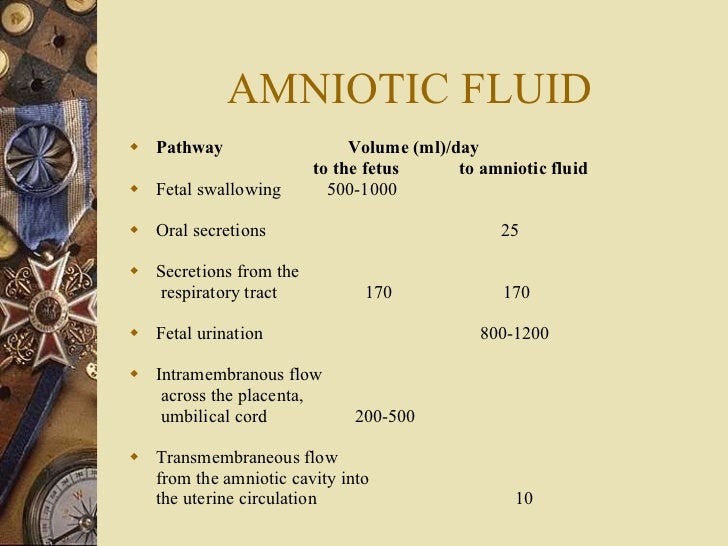
There's no cure for most of the conditions amniocentesis finds, so you'll need to consider your options carefully. If your test shows that your baby has a genetic or chromosomal condition, the implications will be fully discussed with you. If rarer conditions are also being tested for, it can take 3 weeks or more for the results to come back. The first results of the test should be available within 3 working days and will tell you whether Down's syndrome, Edwards' syndrome or Patau's syndrome has been discovered. Some women describe experiencing a pain similar to period pain or feeling pressure when the needle is taken out.įind out more about what happens during amniocentesis Getting your results The test itself usually takes about 10 minutes, although the whole consultation may take about 30 minutes.Īmniocentesis is usually described as being uncomfortable rather than painful. The needle is passed into the amniotic sac that surrounds your baby and a small sample of amniotic fluid is removed for analysis. It can be performed earlier, but this may increase the risk of complications of amniocentesis and is usually avoided.ĭuring the test, a long, thin needle is inserted through your abdominal wall, guided by an ultrasound image. It's up to you to decide whether you want it.Ī midwife or doctor will speak to you about what the test involves and let you know what the possible benefits and risks are to help you make a decision.įind out about why amniocentesis is offered and deciding whether to have it How amniocentesis is performedĪmniocentesis is usually carried out between the 15th and 20th weeks of pregnancy, but you can have it later if necessary. It's important to remember that you do not have to have amniocentesis if it's offered. you have a family history of a genetic condition, such as sickle cell disease, thalassaemia, cystic fibrosis or muscular dystrophy.you have had a previous pregnancy that was affected by a genetic condition.an antenatal screening test has suggested your baby may be born with a condition, such as Down's syndrome, Edwards' syndrome or Patau's syndrome.

It's only offered if there's a higher chance your baby could have a genetic condition. When amniocentesis is offeredĪmniocentesis is not offered to all pregnant women. It involves removing and testing a small sample of cells from amniotic fluid, the fluid that surrounds the baby in the womb (uterus).

Amniocentesis is a test you may be offered during pregnancy to check if your baby has a genetic or chromosomal condition, such as Down's syndrome, Edwards' syndrome or Patau's syndrome.


 0 kommentar(er)
0 kommentar(er)
